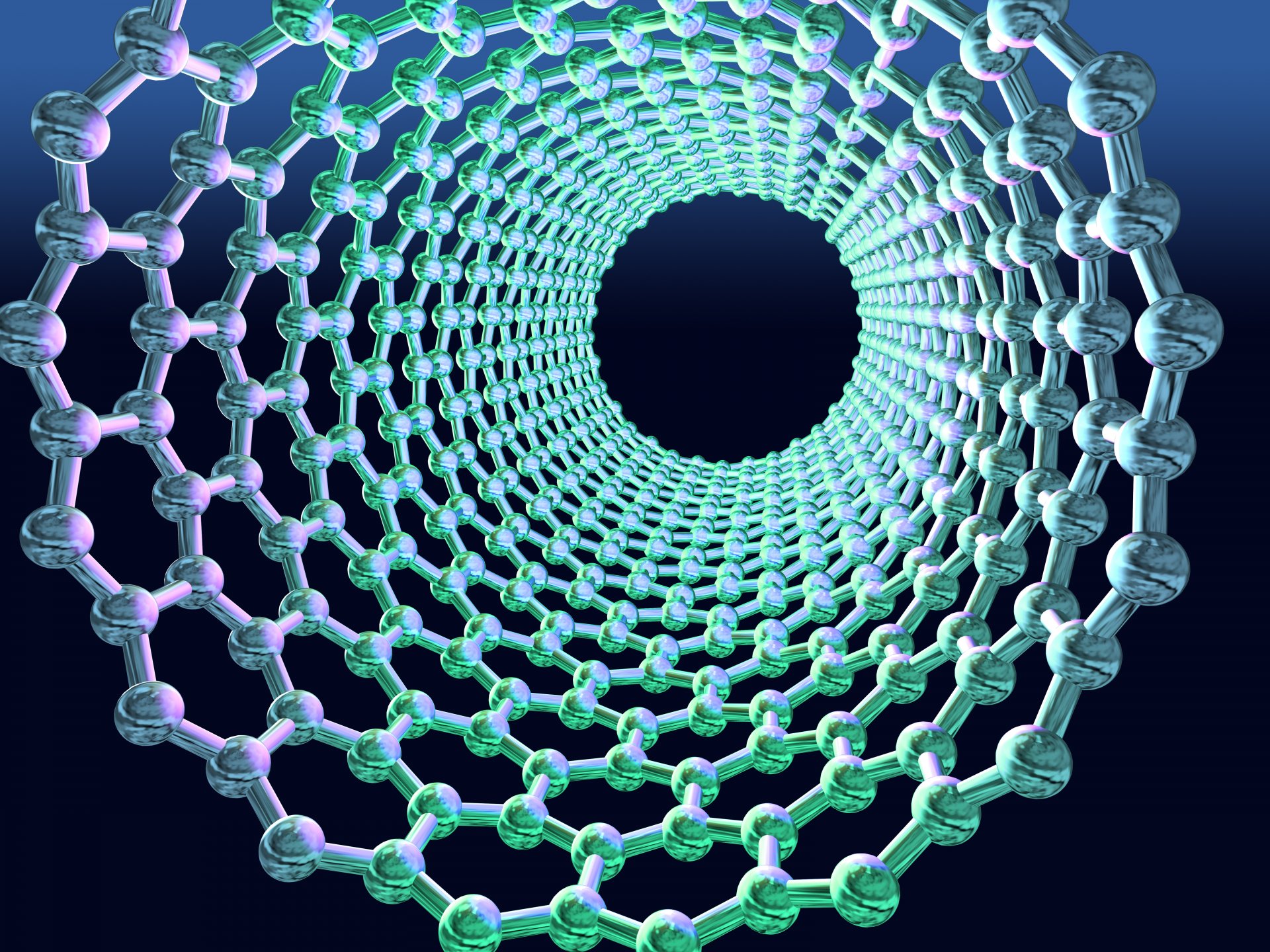
Advanced industrial technologies
The Czech Republic boasts a broad industrial base and very good know-how in many technological fields. The country ranks eighth in the world in Harvard University’s Economic Complexity Index, which is an indicator of the diversity of a country’s export products and their sophistication. The manufacturing industry accounts for more than 25% of Czech gross value added, one of the highest figures in Europe and the world.
The mechanical-engineering industry has been one of the cornerstones of the Czech economy since the beginning of the 19th century. The country’s stable economic environment, high level of technological advancement and outstanding research and development programmes contribute to the creation of an optimal environment for the establishment and further development of companies. This fact is recognised by global players such as Bombardier Transportation, Daikin, Doosan Edwards, GE Aerospace, Honeywell, Komatsu, Otis, Rieter, Robert Bosch, Sandvik, Siemens and many other global leaders, which have already established their manufacturing operations and R&D centres in the Czech Republic.
The most significant areas in which Czech companies are highly competitive on the global scale include, for example, manufacturing of electron microscopes, advanced machines and tools, monocrystalline materials, electron lithography for holographic applications, and air guns, as well as research of nanostructured and crosslinked polymeric materials and production of nanoparticles for special purposes. The Czech Republic is the 8th largest exporter of machine tools in Europe per capita and the share of high-tech products in Czech export now exceeds 20%.
With a decades-long tradition in chemistry, electronics, textiles and materials science, the Czech Republic is also becoming a leader in applied nanotechnology. As a global supplier of electron microscopes, monocrystalline materials and equipment for the production of nanofibers, the country is now also bringing innovative solutions to the market in the areas of semiconductors, nanomedicine and new types of batteries. The stable number of engineering students and the country’s high-quality R&D infrastructure are also contributing to the development of this sector.
|
René Samek |

